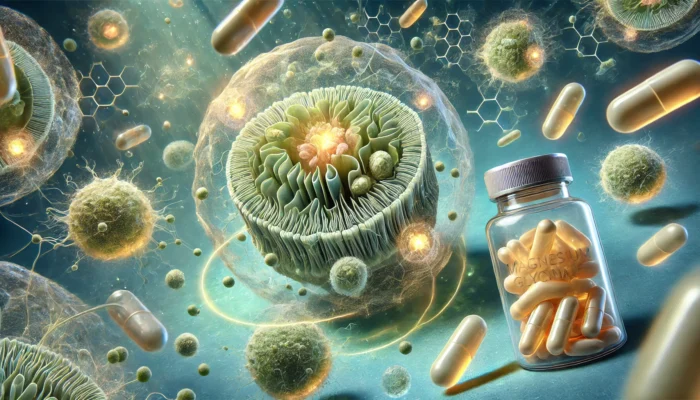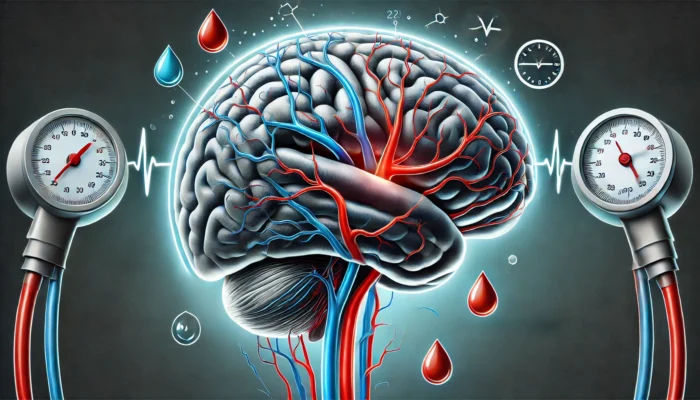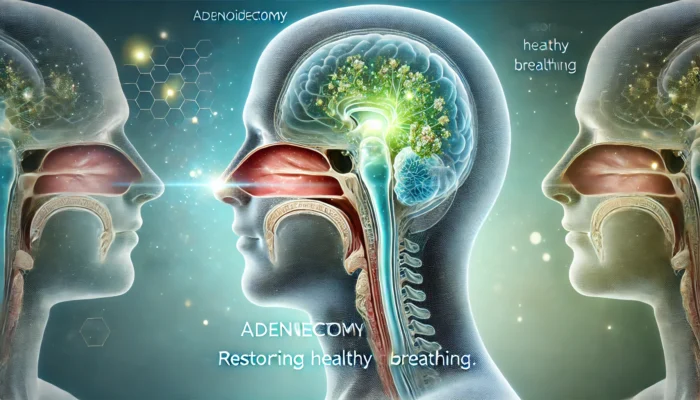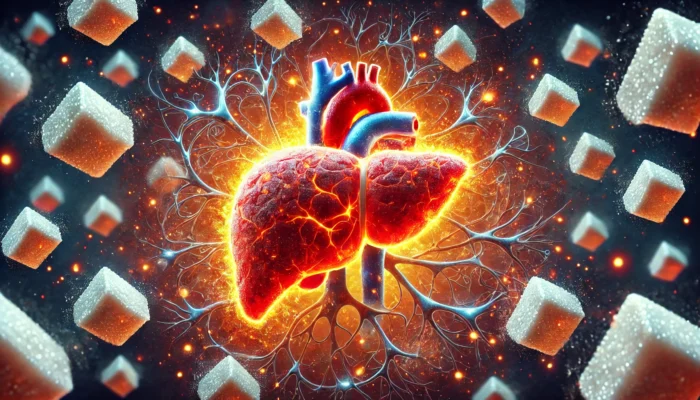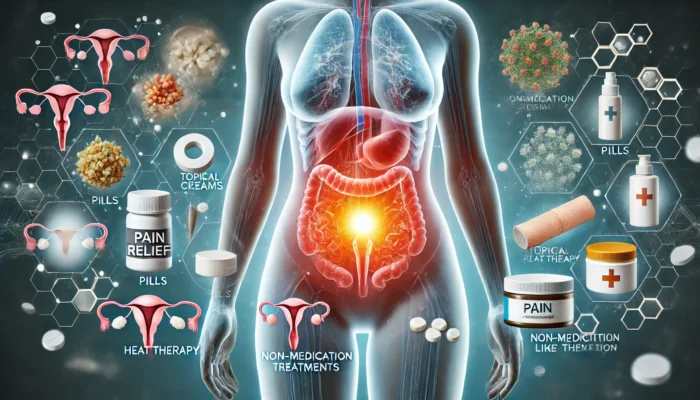Welcome to the HSL Healing Blog: Your Path to Wellness and Recovery
Welcome to the HSL Healing blog! We’re thrilled to have you here as part of our wellness community. This is your go-to space for expert tips, insightful articles, and the latest updates on healing support and holistic health. Whether you’re exploring ways to enhance your recovery or simply looking to lead a more balanced lifestyle, we’re here to guide and inspire you every step of the way. Let’s embark on this journey to better health together!
How Zinc Picolinate Reduces Muscle Cramps in Athletes: Here’s What to Know
Muscle cramps and soreness are common issues for athletes and fitness enthusiasts, often disrupting performance [...]
Zinc Picolinate and Seasonal Immunity: Staying Healthy Year-Round
The immune system is the body’s frontline defense against illnesses and infections. However, its demands [...]
How Magnesium Glycinate May Improve Cell Membrane Stability
Cell membranes are the structural and functional frontlines of cellular life, acting as barriers that [...]
What Makes Magnesium Glycinate Ideal for Long-Term Supplementation?
Magnesium is a vital mineral required for over 300 biochemical reactions in the body, including [...]
Zinc Picolinate for PMS Relief: Beyond Traditional Remedies
Premenstrual syndrome (PMS) affects up to 75% of menstruating women, with symptoms ranging from mood [...]
Zinc Picolinate for Faster Recovery After Marathons: How Does It Help?
Endurance athletes, particularly marathon runners, place immense physical demands on their bodies. The strain from [...]
Zinc Picolinate for Eczema Relief: The Natural Solution
Eczema, or atopic dermatitis, is a chronic skin condition characterized by red, itchy, and inflamed [...]
Zinc Picolinate and Acne Scarring: Can It Aid in Skin Recovery?
Acne is one of the most common skin conditions, affecting nearly 85% of people at [...]
Zinc Picolinate for Seasonal Depression: A Natural Mood Booster
Seasonal Affective Disorder (SAD), a type of depression that occurs during specific seasons, primarily in [...]
Magnesium Glycinate for Heart Health: Why It Should Be Part of Your Cardiovascular Routine
Heart disease is the leading cause of death globally, with hypertension, poor circulation, and other [...]
Understanding Sunburn Nerve Pain Relief Strategies
Sunburn nerve pain, often described as a sensation akin to needles pricking the skin, is [...]
The DASH Diet for Hypertension: What It Is and How It Works
Hypertension, or high blood pressure, is a condition that affects millions worldwide and significantly increases [...]
Can Magnesium Glycinate Enhance Academic Performance? What You Should Know
Academic success hinges on cognitive clarity, memory retention, and overall brain health. For students navigating [...]
Zinc Picolinate and Anti-Inflammatory Diets: Exploring Its Role
Inflammation is the body’s natural response to injury, infection, or stress, but chronic inflammation can [...]
Hypertension and AI-Powered Drug Discovery: A New Era of Medicine
Hypertension, or high blood pressure, remains a significant global health concern, affecting over 1.28 billion [...]
Zinc Picolinate for Peak Performance: Athletes’ Secret Weapon
Athletes constantly seek ways to optimize their performance, endurance, and recovery. From advanced training regimens [...]
ROTATOR CUFF SURGERY: Description, Healing Stages, Post-Procedure Side Effects, Care Options for Recovery, and Tips to Minimize Downtime
Rotator cuff surgery is a vital procedure for repairing injuries to the tendons surrounding the [...]
Jan
ACL TEAR: Description, Symptoms, Causes, Treatment Options for Recovery, and Steps for Possible Prevention
The anterior cruciate ligament (ACL) is a critical stabilizing structure in the knee joint, commonly [...]
Jan
MENISCUS TEAR: Description, Symptoms, Causes, Treatment Options for Recovery, and Steps for Possible Prevention
A meniscus tear is a common knee injury affecting athletes and non-athletes alike. This condition [...]
Jan
SHOULDER DISLOCATION: Description, Symptoms, Causes, Treatment Options for Recovery, and Steps for Possible Prevention
Shoulder dislocation is a common injury characterized by the displacement of the head of the [...]
Jan
TENNIS ELBOW (LATERAL EPICONDYLITIS): Description, Symptoms, Causes, Treatment Options for Recovery, and Steps for Possible Prevention
Tennis elbow, or lateral epicondylitis, is a common condition that causes pain and discomfort on [...]
Jan
GOLFER’S ELBOW (MEDIAL EPICONDYLITIS): Description, Symptoms, Causes, Treatment Options for Recovery, and Steps for Possible Prevention
Golfer’s elbow, clinically known as medial epicondylitis, is a common overuse injury that affects the [...]
Jan
ANKLE SPRAIN: Description, Symptoms, Causes, Treatment Options for Recovery, and Steps for Possible Prevention
An ankle sprain is one of the most common musculoskeletal injuries, affecting individuals of all [...]
Jan
HAMSTRING STRAIN: Description, Symptoms, Causes, Treatment Options for Recovery, and Steps for Possible Prevention
Hamstring strain is a common injury, particularly among athletes and physically active individuals, that involves [...]
Jan



